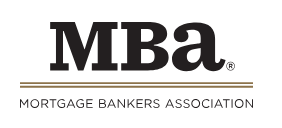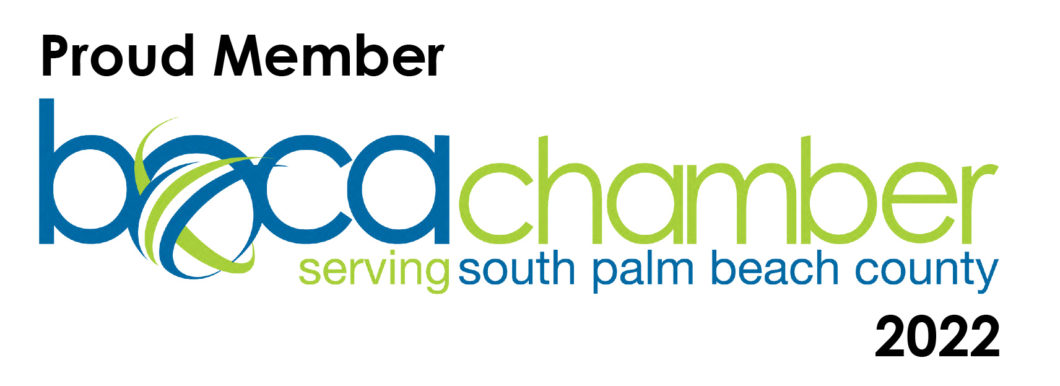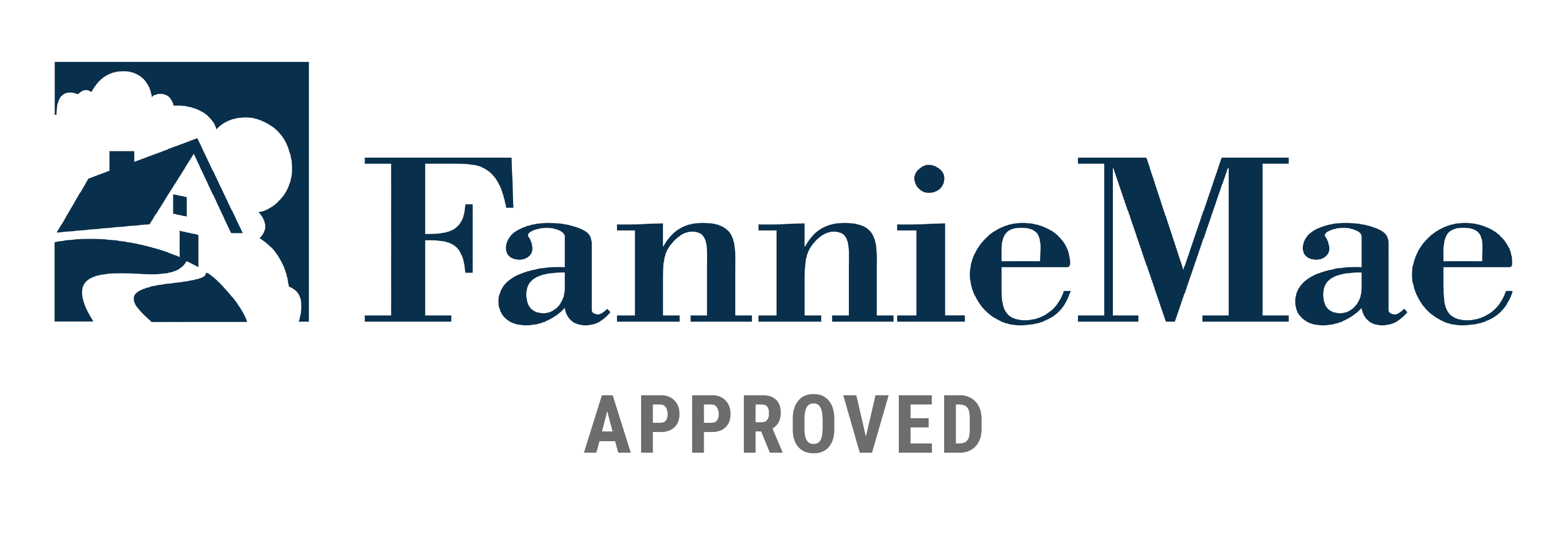FHA violations are costly and avoidable – is your community assocation prepared? When it comes to buying or renting out homes and offering mortgages, the last thing your organization wants is to receive an FHA violation. Luckily, Fair Housing Act Training can help your organization learn the basics, and spot the signs of unfair treatment before they cost you business.
What is the Fair Housing Act?
According to the U.S. Department of Housing and Urban Development (HUD), “The Fair Housing Act protects people from discrimination when they are renting or buying a home, getting a mortgage, seeking housing assistance, or engaging in other housing-related activities.”
The law is designed to protect renters and buyers from discrimination based on:
- Race
- Color
- National Origin
- Religion
- Sex
- Familial Status
- Disability
In order to remain compliant and avoid violations that could lead to civil penalties and serious fines, it’s important to engage in regular FHA training. Whether your organization is a condo association or homeowners association, a strong understanding of FHA rules and regulations can not only help you prevent penalties, but make your community association more appealing to home buyers and renters from all walks of life.
What Is Considered a Violation of the Fair Housing Act?
If you are in the business of real estate, or a board member of a condo or homeowners association, there are a few requirements to keep in mind with every potential buyer or renter you encounter.
You may receive infractions on the FHA for the following behaviors based on discrimination, as noted by the HUD:
- Refuse to rent or sell housing
- Refuse to negotiate for housing
- Otherwise make housing unavailable
- Set different terms, conditions or privileges for sale or rental of a dwelling
- Provide a person different housing services or facilities
- Falsely deny that housing is available for inspection, sale or rental
- Make, print or publish any notice, statement or advertisement with respect to the sale or rental of a dwelling that indicates any preference, limitation or discrimination
- Impose different sales prices or rental charges for the sale or rental of a dwelling
- Use different qualification criteria or applications, or sale or rental standards or procedures, such as income standards, application requirements, application fees, credit analyses, sale or rental approval procedures or other requirements
- Evict a tenant or a tenant’s guest
- Harass a person
- Fail or delay performance of maintenance or repairs
- Limit privileges, services or facilities of a dwelling
- Discourage the purchase or rental of a dwelling
- Assign a person to a particular building or neighborhood or section of a building or neighborhood
- For profit, persuade, or try to persuade, homeowners to sell their homes by suggesting that people of a particular protected characteristic are about to move into the neighborhood (blockbusting)
- Refuse to provide or discriminate in the terms or conditions of homeowners insurance because of the race, color, religion, sex, disability, familial status, or national origin of the owner and/or occupants of a dwelling
- Deny access to or membership in any multiple listing service or real estate brokers’ organization
Your CONDO/HOA is Responsible for Meeting Fair Housing Act Regulations
Your community homeowners association or condo association sets the rules and standards for the community at large. This may cover such aspects of community living as pool access rules, lawn maintenance and care, parking, and more.
When drafting your HOA or COA criteria, you want to be sure that you’re not creating space for discriminatory action. Enforcing community regulations will often fall on the hands of members of your own community, rather than law enforcement or legal advisors. However, that doesn’t mean your organization will be exempt from discriminatory practices that violate the Fair Housing ACT.
Placing restrictions on who can access a community pool, what types of religious artifacts can serve as lawn art, or who can or cannot park on the street of a residential neighborhood opens up the possibility of discriminatory action.
The best way to avoid infractions is to hire professional legal help in drafting documents and enforcing policies. The Lubliner Law team can answer common questions on topics including use of public spaces like pools, exercise centers, and clubhouses. We can also help identify when violations have occurred, and the best course of action to take to rectify the situation.
Prevent Violations with Fair Housing Act Training!
A misstep in handling any potential client could have serious consequences for your organization. That’s why FHA training is so critical.
At Lubliner Law, our expert attorneys offer both condo association training and homeowners association training. In these trainings, your team will learn the basics of FHA regulations including protocols and requirements, mandates, and updates to the law. These trainings can help prevent FHA violations.
It is simple to book a training for your organization. Contact one of our qualified homeowners association attorneys to learn more about this service for your team. Similarly, our condo association lawyers and attorneys are available to offer FHA trainings for condo teams as well.
Often, homeowner associations and condo associations are operated by passionate volunteers who give their time to their community. Because they may not be well-versed in legalities involved in their role, mistakes sometimes occur that can cause serious issues. FHA training can help mitigate circumstances that could lead to violations.
We also offer training for organizations who have received FHA violations.
If your organization has been cited for FHA violations, hiring the right attorney will make a difference in the outcome of litigation. Lubliner Law has years of experience in representing companies who face possible penalties of extensive fines. Our homeowners association lawyers and condo association lawyers are here to help defend your rights and fight your case.

 How to Prevent FHA Violations in Your Community
How to Prevent FHA Violations in Your Community 



